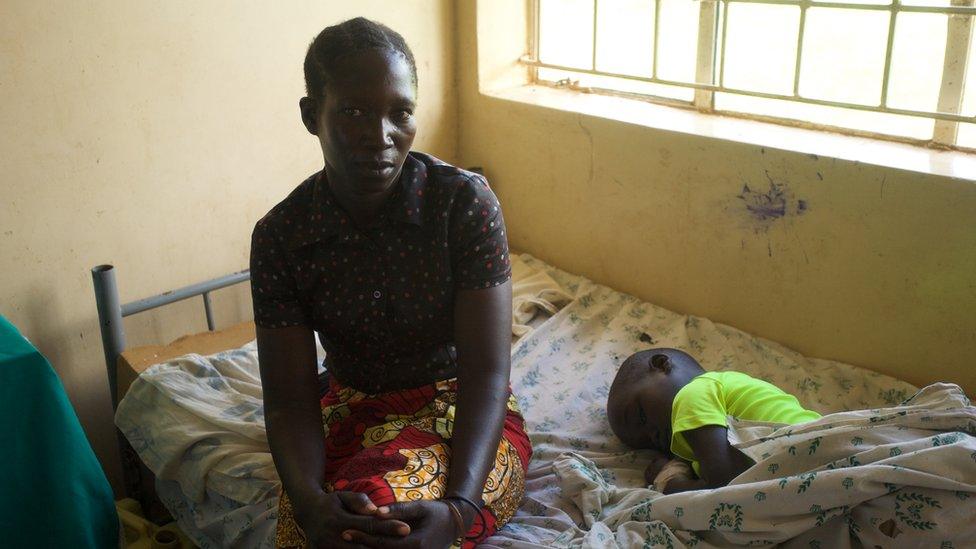Smart lockers for patients' drugs wins inventors' award
- Published
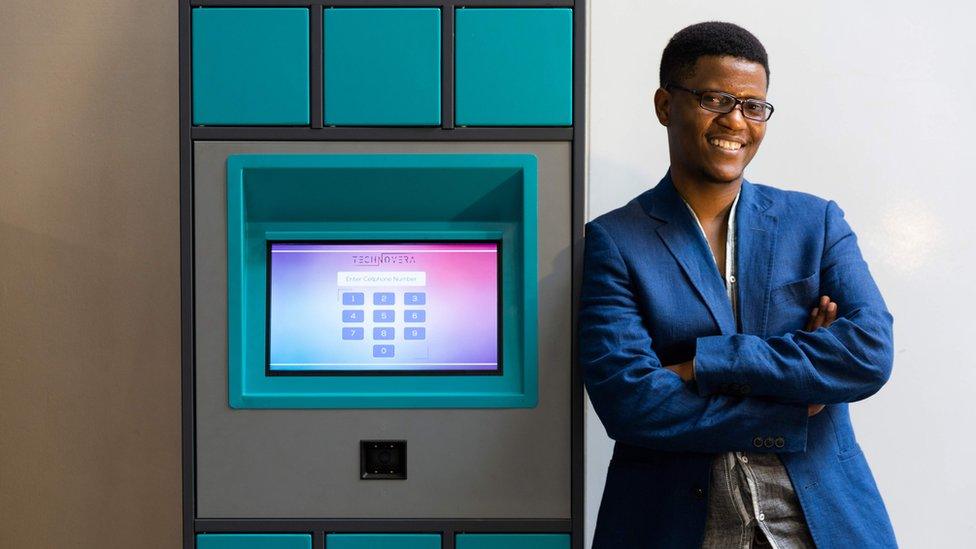
Inventor Neo Hutiri says he came up with the idea after he had to go to the clinic when he was diagnosed with TB
An invention by a South African engineer that dispenses pills has won a major African engineering prize.
Neo Hutiri invented the Pelebox, a locker patients can unlock with a one-time pin sent to their phone.
These lockers cut queues down "from three-and-a-half hours to under 36 seconds", he told BBC Focus on Africa.
South Africa runs the world's largest HIV/Aids treatment programme which has led to high numbers of patients with repeat prescriptions.
Mr Hutiri won the $32,000 (£25,000) 2019 Africa Prize for Engineering Innovation from the Royal Academy of Engineering.
He told the BBC that he came up with the idea after he was diagnosed with TB in 2014 and he went to his clinic to collect medicine.
Long queues at pharmacies can be caused by staff shortages and high volumes of patients with chronic illnesses - such as HIV and Aids.
The inventions transforming Africa
By cutting down the queues, "this gives them the opportunity to not take too much time away from work, to focus on their business, to effectively live a more productive life without having lost time due to managing a disease" he told the BBC.
He added that it helped with illnesses which may have a stigma associated to them, like HIV.
"If you collect your ARV medication for HIV from a locker, you don't have to deal with the fear that somebody's watching me."
Currently six smart locker units are in operation in South Africa and the company is building eight more.
He says he will use prize money to help build an assembly section for manufacturing and improve the technology so they can scale up their business better.
The other inventions to be short-listed for the prize were:
a high-tech glove that translates sign language to text and speech
a currency-exchange platform that moves money between users to reduce the need for foreign exchange
and a business giving women in low-income families access to sustainable, off-grid housing
Winners from previous years include a magnetic malaria test and a jacket for testing pneumonia.
- Published5 April 2019
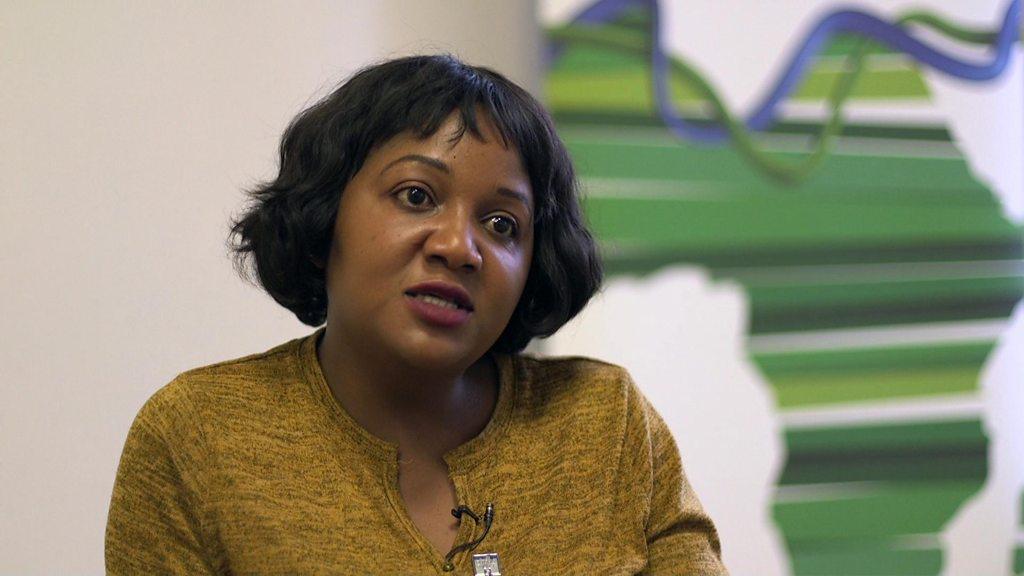
- Published24 July 2018
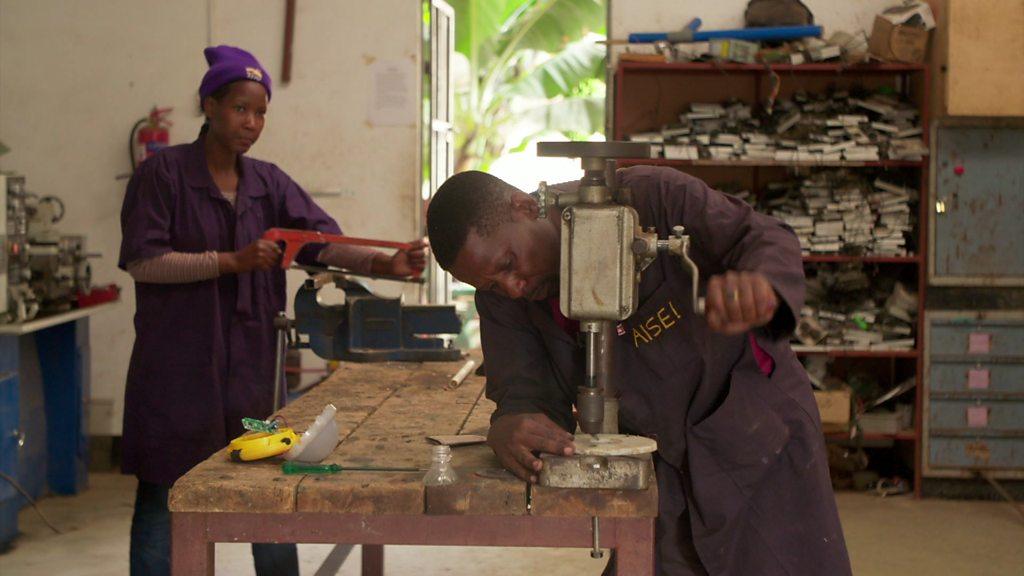
- Published5 May 2016
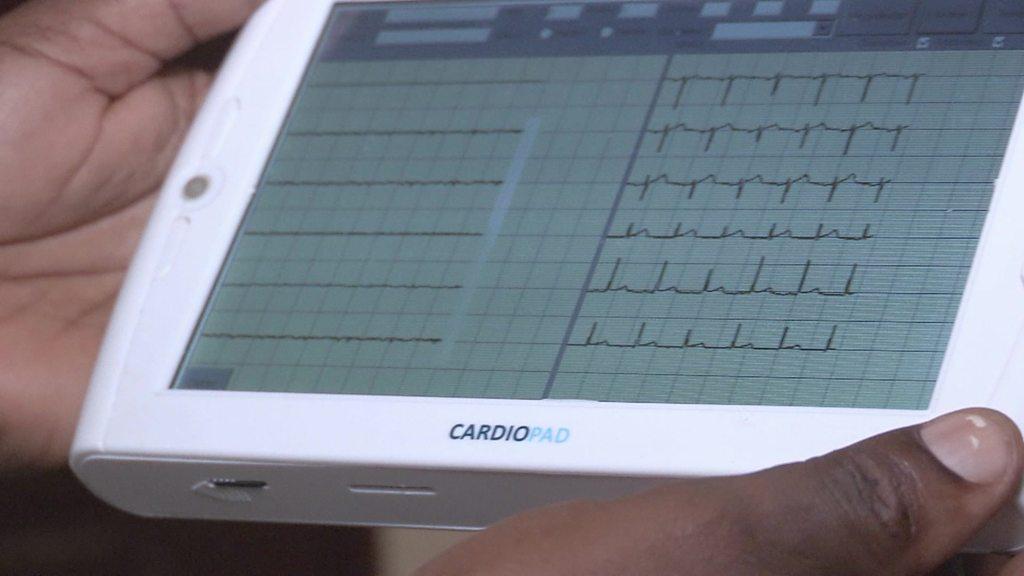
- Published21 August 2018
